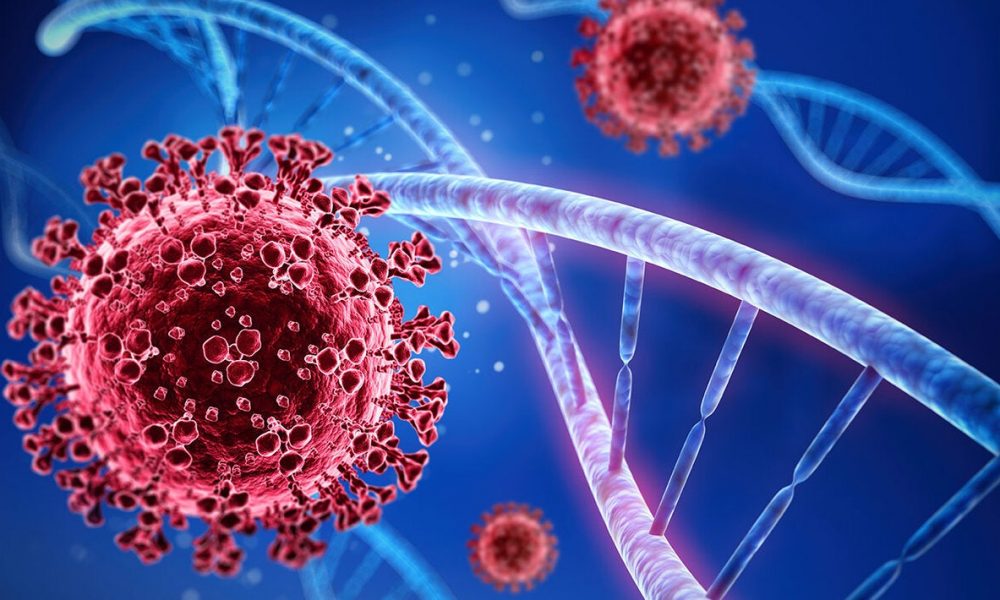Health
Five Things To Know About Omicron Covid-19 Variant

The World Health Organisation, WHO, last Friday, November 26, named the new COVID-19 strain recently identified, B.1.1.529 as ‘Omicron’ and classified it as a variant of concern.
Cases of the new variant have already been reported in South Africa, Botswana, Hong Kong, Israel, UK and Belgium. The emergence of the new variant shows once again that the pandemic is far from over. Below is a list of the facts known about the variant of concern so far, according to WHO.
Symptoms
The National Institute for Communicable Diseases NICD, of South Africa said that currently there are “no unusual symptoms” that have been reported following infection with the B.1.1.529 variant. NICD also highlighted the fact that, as with other infectious variants, some individuals are asymptomatic. There is currently no information to suggest that symptoms associated with Omicron are different from those from other variants.
Profile of the variant
From what is known currently, B.1.1.529 has multiple spike protein mutations, and preliminary analysis suggests it is highly infectious.
Transmission
Early indications had shown this variant is possibly even more transmissible than the Delta variant, and that current vaccines may be less effective against it.
Severity of disease
At the moment it is not yet clear if infection with Omicron causes more severe disease compared to infections with other variants.
Effectiveness of vaccines
The WHO is working with technical partners to understand the potential impact of this variant on our existing countermeasures, including vaccines. There are several actions recommended for countries to undertake as Omicron has been designated a variant of concern.
Send Us A Press Statement Advertise With Us Contact Us
And For More Nigerian News Visit GWG.NG